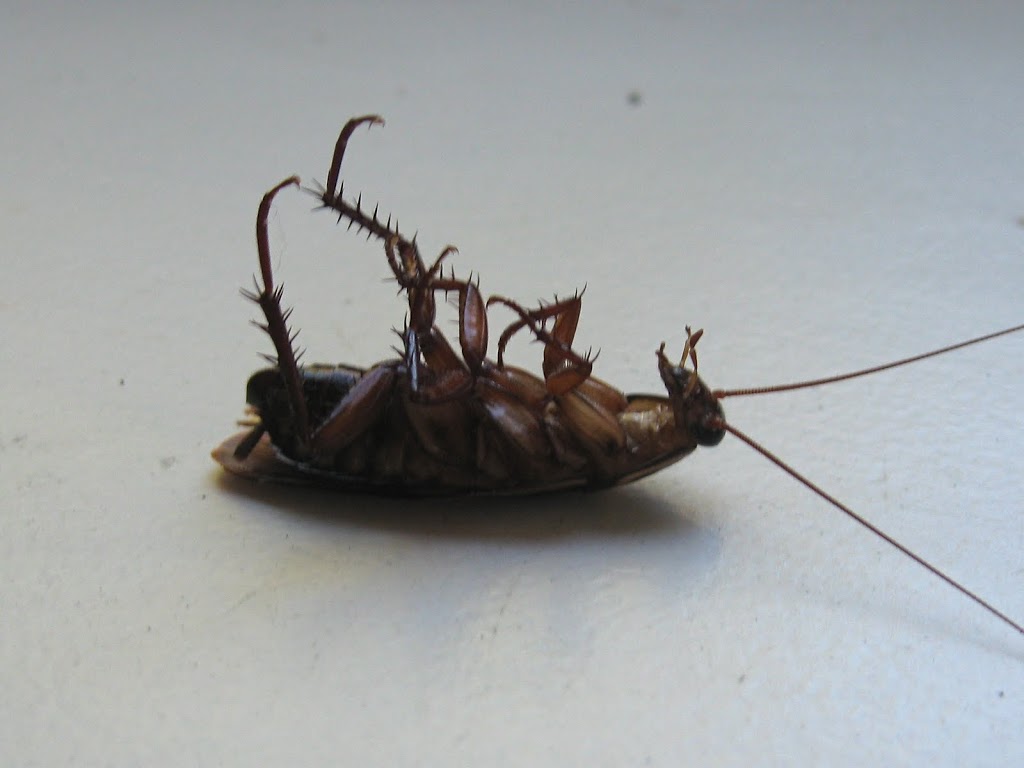We recently posted a Seven News report on a likely cockroach infestation due to the hot and humid conditions. Lane Cove was nominated as one of the suburbs that would be hit the hardest. This post sent shockwaves through Lane Cove and was one of our most shared posts in the history of ITC.
If you missed the Seven News report you can watch it here:
https://au.news.yahoo.com/video/watch/30628858/horror-cockroach-epidemic-set-to-hit-sydney
We thought we would look into this further and find out why Lane Cove was singled out as one of the top five suburbs.
The Cockroach expert interviewed by Channel Seven was Bryce Peters (Visiting Fellow, School of Life Sciences UTS). ITC asked Bryce why Lane Cove made the list. This was his response:
I am not sure why Channel 7 regarded Lane Cove as one of the bad cockroach areas apart from the fact it has a large percentage of medium (and high?) density housing. Generally, the greater the housing density the more problems with cockroaches as they can move between properties relatively easily. We (as in man) modify the environment and that suits the roaches. The greater our modifications are, generally the better the roaches tend to do!

We can only conclude that Channel Seven relied on statistics from a professional pest controller that Lane Cove was one of their most serviced areas. This could be for many reasons (including spraying for ants etc).
Cockroaches prefer to live in kitchens and other food preparation areas, so they can feed off food spills and have access to water. Hiding spots for the household cockroach include:
- cracks in walls
- confined spaces, such as behind the refrigerator, in a pantry or underneath a stack of magazines, newspapers or cardboard boxes
- any furniture items that are generally left undisturbed
- kitchen cupboards
- below sinks
- around water heaters
- in drains and grease traps
- gardens.
The best way to limit Cockroach infestation is:
- Thoroughly clean the house at least weekly.
- Pay special attention to the kitchen and other food preparation areas.
- Clean regularly underneath the fridge, stove, toaster and other movable appliances.
- Empty the kitchen’s rubbish bin regularly.
- Do not leave out pet food or food scraps in pet bowls.
- Clean up any food spills promptly.
- Make sure there are no sources of water such as a dripping tap, as cockroaches need a steady water supply to survive.
- Store food in sealed containers.
- Repair any holes, cracks or gaps in the walls, skirting boards and inside cupboards.
- Don’t stack newspapers, magazines or cardboard boxes anywhere in the house.
- Keep compost bins screened and away from the house.
We asked Bryce Peters the best method for dealing with cockroaches
Cockroach baits and gels are the most efficacious way of dealing with roaches. These use a palatable food base combined with an insecticide. Roaches find these whilst foraging and will usually take a toxic dose. These are very safe for pets and children as they should be placed in inaccessible areas. If the infestation is large and problematic a professional Pest Control Operator may be required. They should also use cockroach gels. (these gels are only available to professionals)
So be alert and not alarmed. Do you have any local pest exterminators you would recommend?
If you would like to find out more about Lane Cove and also some fabulous promotions and competitions, you should subscribe to our newsletter. Just click here to subscribe.
If there are any tips or questions you would like In the Cove to answer or investigate, please send us an email at [email protected].
Have you liked our Facebook page or Instagram Page – what are you waiting for?!














